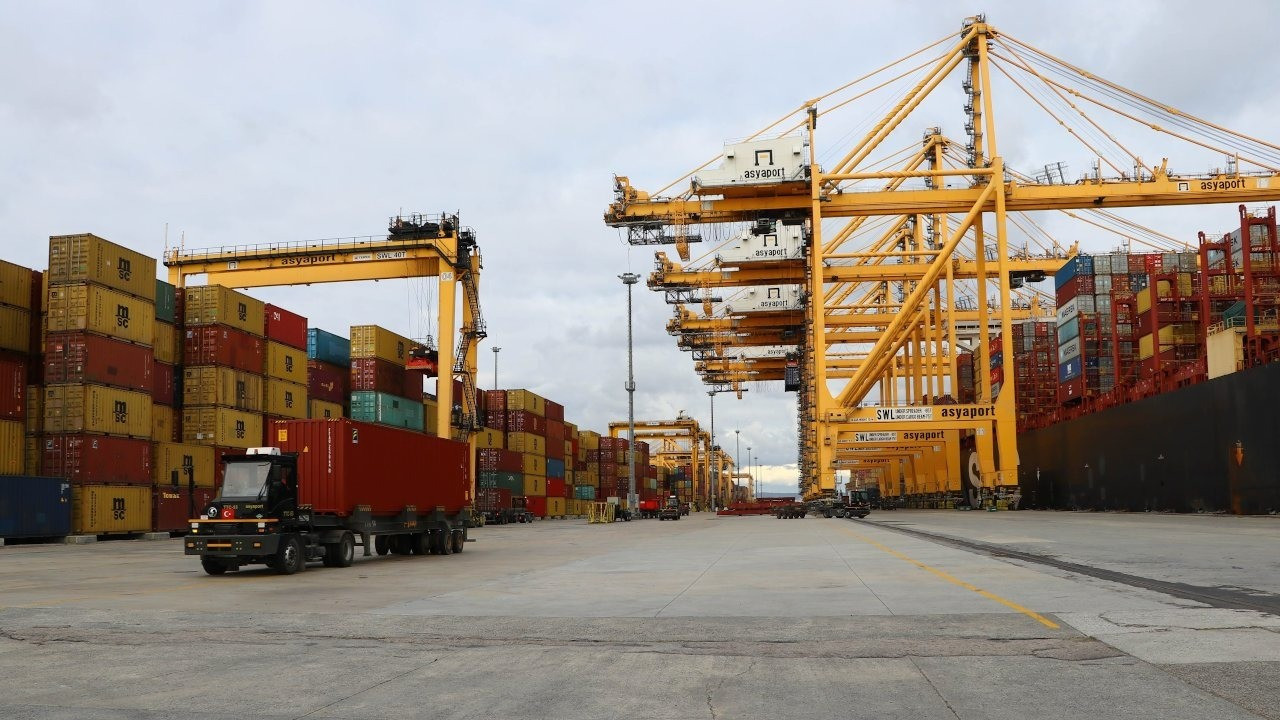Despite sharp decline in exports Turkish automotive industry still on top
Business owners in Turkey’s all-important automotive industry are trying to keep spirits high while also acknowledging the pandemic-related uncertainties and challenges they will face in 2021.
K. Murat Yıldız / Duvar English
Topping the list of exports by volume at 15 percent is Turkey's all-important automotive industry. However, a recent report from the Automotive Manufacturers Association (OSD) indicated a 13 percent drop in production compared to last year.
Like most industries, the automotive industry has been negatively impacted by the pandemic. Similarly, the OSD reported a decline of nearly 30 percent in exports. Yet, the industry has managed to retain the same position in its share of Turkey’s export volume with exports totaling 23.1 billion USD for the first 11 months of this year.
Other than local producers like Temsa, BMC, and Karsan, many major global automotive companies such as Mercedes, Honda, Toyota, Renault, and Hyundai have production lines in Turkey. The industry employs around half a million people and, in the northern province of Bursa alone, which is considered Turkey’s automotive capital, there are more than 2000 companies that supply the industry with products domestically and internationally.
According to OSD chair Haydar Yenigün, the fundamental problem facing the industry due to the COVID-19 pandemic is that they cannot make any long term plans because of pandemic-related uncertainties and that this leads to an increase in costs.
Automotive industry joins the fight against COVID-19
According to the recently published annual report from the OSD, the industry had to temporally shut down production lines for 6 days in March and 18 days in April at 18 factories because of the pandemic. During this period, production dropped by 22 percent in April and 91 percent in March. Rather than staying idle, some factories started to produce health equipment to contribute to the fight against COVID-19.
2021 will be challenging for the industry
The industry, whose biggest customer is the European Union, experienced a 28 percent decline in exports during the first 11 months of this year.
While expressing his hope the epidemic will be under control and that the Turkish automotive industry will quickly recover, OSD’s Yenigün noted that “it is clear that 2021 will be a challenging year for our industry.”
Cheap loans and high foreign exchange rates
According to a sales manager at a leading European car brand’s local distributor in Ankara, the difficulties car retailers are facing are becoming unbearable. “We were already struggling due to the high value of the dollar and the euro. At the early stages of the pandemic, our business started to slow, but shortly after President Erdoğan announced a stimulus package and the state banks started to give out cheap loans, we began to recover” he told Duvar English.
“Now our sales are close to none. There is a certain number of cars that we need to sell annually. In order to achieve that I am selling cars way below market value. Many brands, like the one we distribute, have made huge discounts to attract customers, but the effect is minimal."
He continued by comparing this period to previous periods which were difficult for the car retail industry, saying, “I have been in this business since I was a kid. My father was a used car salesman. There have always been ups and downs, but this time is really different.”
The struggle of used car retailers
It is not only those in the Turkish automotive and car retail sector that are facing pandemic difficulties but also the small and medium sized entrepreneurs like Erdal Güneşdoğdu (34), a used car retail business owner on Istanbul’s Asian side.
“During the early stages of the pandemic, especially after the lira’s deprecation against the dollar, the price of new cars increased radically. So, there was high interest in used cars, but now it is non-existent. Normally, I would sell 6 to 10 cars a month, now, let alone any sales, we only get 3 to 5 phone calls every two weeks” Güneşdoğdu told Duvar English.
“I sold only one car last month,” Güneşdoğdu said while noting that he is still hopeful that the market will revive early next year.
“Big brands and retailers are selling new cars below market value now. They have to get rid of their stock due to their annual commitment. This is pushing down the value of used cars. So those who decide to buy a car will likely prefer to get a new one.”
These are not the only problems used car retailers are facing in the pandemic according to Gündoğdu.
“I have been running this business for 11 years. What would people do with a new car? They can’t go out because of the weekend lockdowns and during the week they are at work. This is a psychological issue not just an economic one. Why would people spend money on a car that they are not allowed to drive on the weekend?”

 Oil refineries rank as Turkey's largest industrial businessEconomy
Oil refineries rank as Turkey's largest industrial businessEconomy Turkish competition authority launches probe into German automotive giantsEconomy
Turkish competition authority launches probe into German automotive giantsEconomy Turkey signs free trade agreement with UKEconomy
Turkey signs free trade agreement with UKEconomy